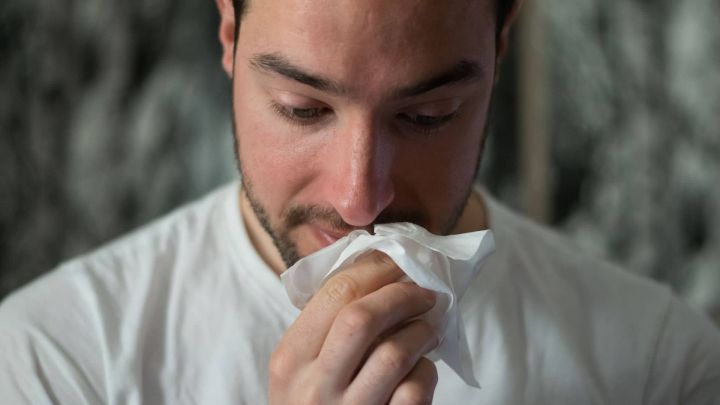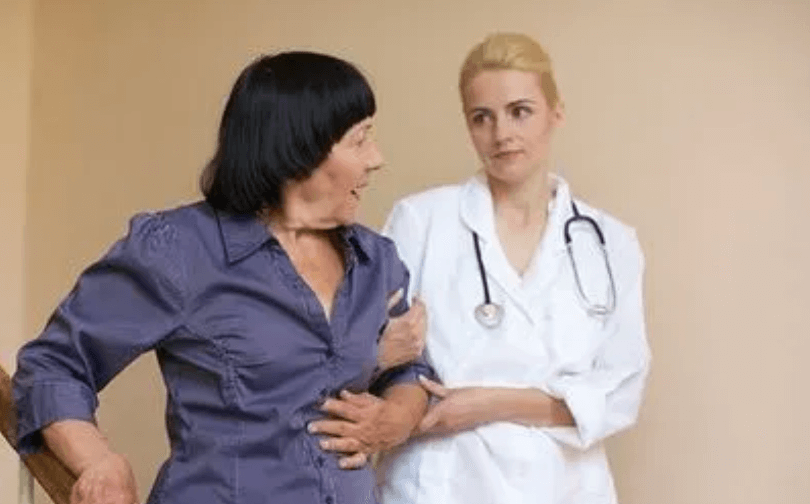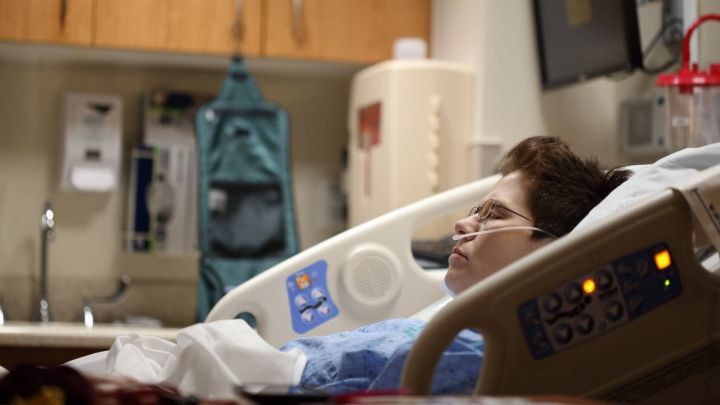Disease
What should we know to prevent Hashimoto's thyroiditis?
Thyroid disease has been paid more and more attention at present. Thyroid enlargement, hyperthyroidism and hypothyroidism are easy to be found due to obvious symptoms, and the rate of seeking medical advice is high. But for some asymptomatic thyroiditis, it is usually easy to be missed, misdiagnosed or over treated.
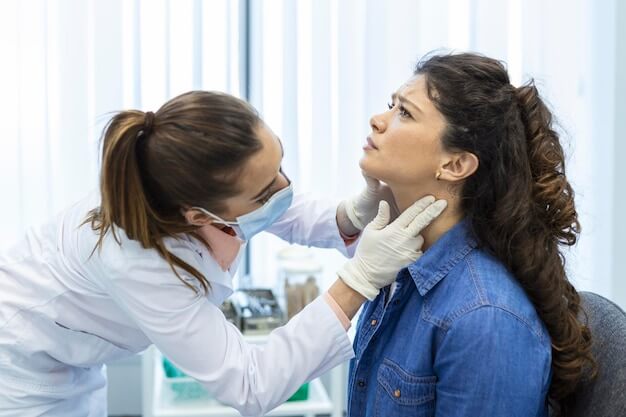
Thyroid disease has been paid more and more attention at present. Thyroid enlargement, hyperthyroidism and hypothyroidism are easy to be found due to obvious symptoms, and the rate of seeking medical advice is high. But for some asymptomatic thyroiditis, it is usually easy to be missed, misdiagnosed or over treated.
Hashimoto's thyroiditis favors women
Hashimoto's thyroiditis is also known as chronic autoimmune thyroiditis, chronic lymphocytic thyroiditis, Hashimoto's disease, etc. Hashimoto's thyroiditis is a chronic autoimmune disease with autothyroid tissue as antigen. It is characterized by goiter and a large number of lymphocytes infiltration in the thyroid.
Hashimoto's thyroiditis is related to genetic and environmental factors, with a incidence rate of 3% - 4%, most of which are women aged 30-50 years. Most of them showed that the titer of serum thyroid peroxidase antibody (TPoAb) was increased, the sensitivity of iodine could be normal or decreased, and different clinical manifestations of hyperthyroidism, hypothyroidism and even normal could occur according to the degree and period of thyroid structural damage.
Effective reduction of antibody level becomes the focus of treatment
There are many treatment methods for Hashimoto's thyroiditis. In the early stage, Hashimoto's thyroiditis showed normal thyroid function. At present, the general treatment methods are mostly limited to low iodine diet. In hypothyroidism stage, thyroid hormone was given as replacement therapy to maintain normal thyroid function. Most patients will have a high level of serum antibody TPOAb. High titer of antibody will not only accelerate the development of Hashimoto's thyroiditis, but also cause immune damage to other organs. Therefore, effective reduction of antibody level has become the focus of treatment.
Research shows that the combination of traditional Chinese and western medicine can significantly reduce the level of TPOAb. In the early, middle and late stages of Hashimoto's thyroiditis, Chaihu Shugan Powder, Xiaoyao Powder and Zhenwu Decoction are mainly used, and the combination of western medicine containing selenium (selenium yeast is commonly used) can effectively reduce the level of Hashimoto's thyroid peroxidase antibody (TPOAB) and improve the symptoms of Hashimoto's thyroiditis patients, Improve the patient's immunity.
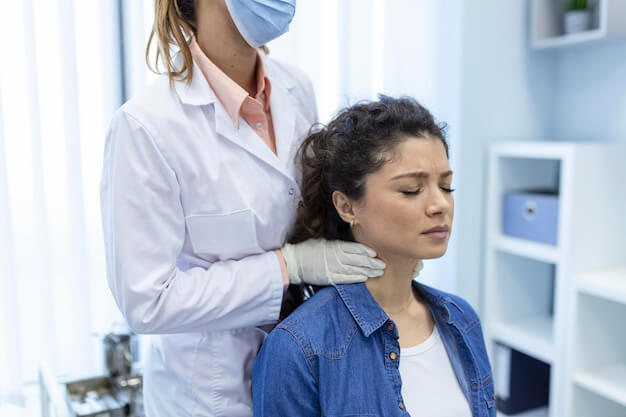
Suggestions for Hashimoto's thyroiditis patients
Can Hashimoto's thyroiditis be cured? This is a question that many patients often ask. Unfortunately, it is difficult to cure at present.
So, after suffering from Hashimoto's thyroiditis, what should we pay attention to? What on earth should we do? The doctor's advice to the patient is as follows:
- Monitor thyroid function regularly. The main consequence of Hashimoto's thyroiditis is hypothyroidism, which requires regular monitoring of thyroid function (it is generally recommended to check it every six months to one year). If there are hypothyroidism symptoms such as chilliness and fatigue, it needs to be rechecked in advance.
- Check thyroid function and antibody in hospital before pregnancy preparation. It is recommended to control the thyroid stimulating hormone (TSH) below 2.5 before starting pregnancy preparation, and hypothyroid drugs are often required. After pregnancy, it is still necessary to continue to review thyroid function regularly, adjust the dosage of hypothyroid drugs to maintain TSH within the target range of pregnancy, avoid hypothyroidism, and reduce the impact on the baby and pregnancy.
- Regularly review thyroid and cervical lymph node ultrasound. In clinical terms, Hashimoto's thyroiditis patients have a higher risk of thyroid cancer than normal people. It is generally recommended to review ultrasound once a year. If suspicious malignant nodules are found, review every 3-6 months, or even consider surgery after making a clear diagnosis through puncture.
- Low iodine diet. Excessive iodine will aggravate thyroid immune disorder, thus aggravating Hashimoto's thyroiditis and promoting hypothyroidism. However, Hashimoto's thyroiditis cannot be fed with low iodine diet during pregnancy and postpartum lactation. On the contrary, appropriate iodine supplement is required, because the baby's growth and development need iodine.
-
![]()
![]() DiseaseMar 03, 2026
DiseaseMar 03, 2026What should we know to prevent Hashimoto's thyroiditis?
-
![]()
![]() DiseaseMar 02, 2026
DiseaseMar 02, 2026Can Head And Neck Cancer Recur After Treatment? What Is The Treatment For Recurrence?
-
![]()
![]() DiseaseMar 01, 2026
DiseaseMar 01, 2026What Are The Causes Of Nasopharyngeal Carcinoma? What Are The Treatment Options For Nasopharyngeal Carcinoma?
-
![]()
![]() DiseaseFeb 28, 2026
DiseaseFeb 28, 2026Uremia Is Most Likely To Be "Dragged Out", The Body Appears 3 "Abnormal", Check As Soon As Possible
-
![]()
![]() DiseaseFeb 27, 2026
DiseaseFeb 27, 2026How Is Bile Duct Cancer Caused? How Does Bile Duct Cancer Need To Be Treated?

